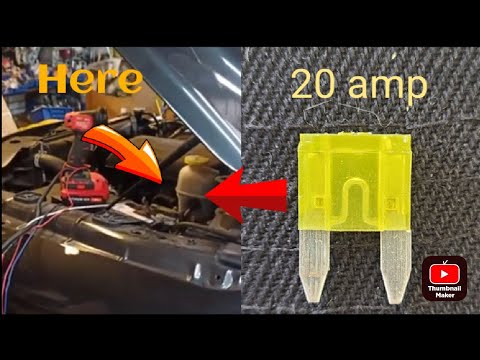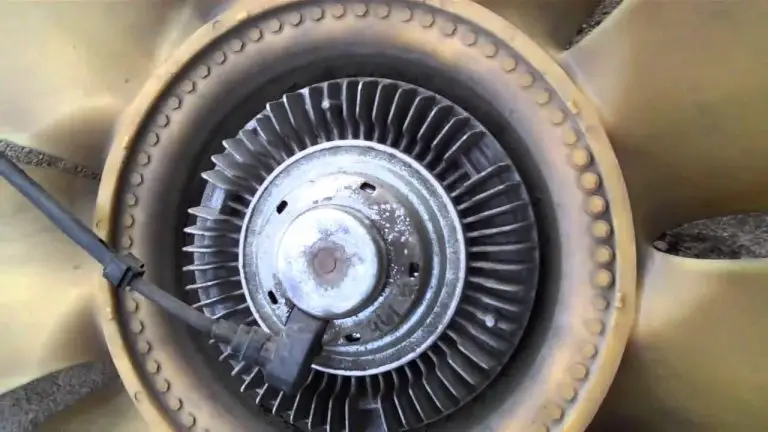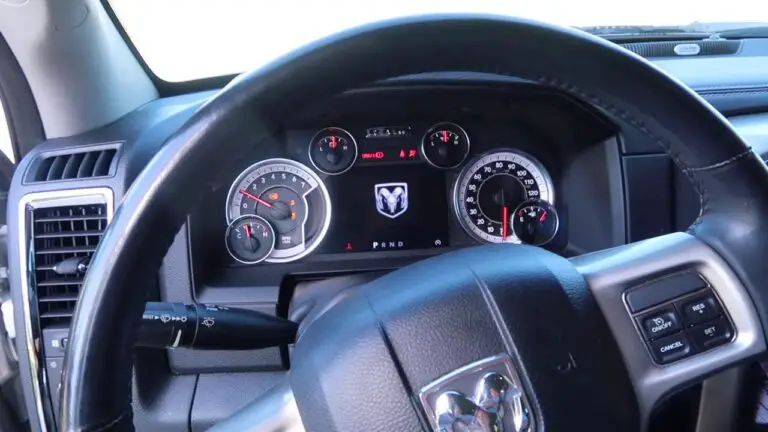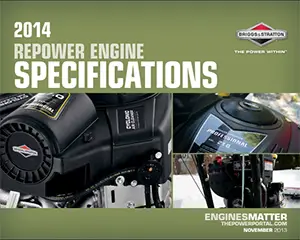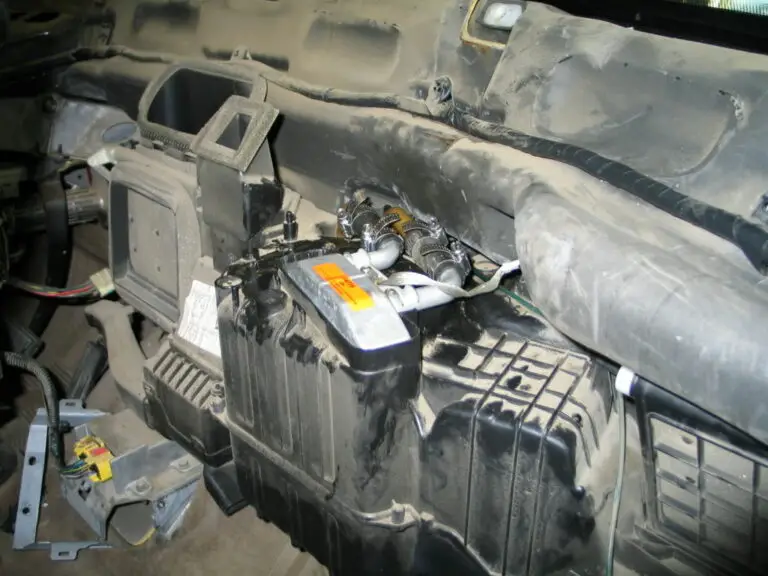Dodge 3.6 Vvt Engine Problems
The Dodge 3.6 VVT engine has been known to experience a variety of common mechanical problems, including stalling, rough idling, and reduced fuel economy. The most frequently reported issues include: faulty spark plugs or ignition coils that can cause a misfire; worn valve seals that lead to excessive oil consumption; clogged air filters that reduce performance; and leaky head gaskets resulting in coolant loss. In addition, the timing chain tensioners may fail prematurely due to design defects or poor maintenance habits.
To prevent these issues from occurring and ensure proper operation of the vehicle’s engine, it is important for drivers to follow the manufacturer’s recommended maintenance schedule as closely as possible and address any potential problems before they become more serious.
The Dodge 3.6 VVT engine has been known to have several common problems, including oil sludge buildup, excessive noise when starting the engine, and a decrease in fuel economy. These issues can be caused by a variety of factors including improper maintenance or using inferior quality oil and filters. To prevent these issues from occurring it is important to keep up with regularly scheduled maintenance such as changing the oil on time and using only high-quality parts for repairs.
Additionally, having your vehicle inspected by a qualified mechanic can help identify any underlying problems before they become major issues down the road.
3.6L Pentastar V6 Overview, Common Problems and Reliability
Is the Dodge 3.6 V6 Vvt a Good Engine?
The Dodge 3.6 V6 VVT engine is a great choice for those looking for fuel efficiency and power under the hood. It boasts an impressive 305 horsepower and 268 lb-ft of torque, making it perfect for towing moderate loads or cruising around town with ease. The Variable Valve Timing (VVT) technology helps maintain optimal performance by maximizing airflow into the combustion chamber and improving fuel economy at higher speeds.
Additionally, this engine is designed with a dual overhead camshaft design that reduces friction between moving parts, resulting in improved performance without sacrificing longevity and reliability. With its excellent balance of power and efficiency, the Dodge 3.6 V6 VVT offers drivers a cost-effective solution that doesn’t skimp on features or performance capabilities; ideal for anyone searching for an all-around reliable daily driver or tow vehicle.
How Long Does a 3.6 Vvt Engine Last?
The 3.6L VVT engine is a reliable and durable engine that can last for many years when properly taken care of and maintained. Generally, these engines are known to last up to around 150,000 miles, although some have been known to go well beyond this mark with proper maintenance and care. To ensure your 3.6L VVT engine lasts as long as possible, you should stick to the manufacturer’s recommended service schedule and make sure all components are regularly inspected by an experienced mechanic who can spot any issues before they become serious problems.
Regular oil changes are also essential in order to keep the parts running smoothly and prevent costly repairs down the line. Additionally, replacing worn out spark plugs or air filters can help optimize fuel economy for even more savings over time!
What is the Problem With the 3.6 L V6?
The 3.6 L V6 is a powerful engine, but it has its own problems that need to be addressed. The main issue with this engine is the tendency for some of them to suffer from excessive oil consumption. This means that too much oil is being burned off instead of staying in the vehicle and lubricating all parts properly.
Additionally, there have been reports of piston slap (a knocking sound caused by loose pistons) and noise related to timing chain tensioners or guides becoming worn over time. These issues can cause significant damage if they are not taken care of promptly, so it’s important to stay on top of regular maintenance when owning one of these engines.
How Much Horsepower Does a 3.6 L Vvt Engine Have Dodge?
The 3.6 L VVT (Variable Valve Timing) engine in Dodge vehicles is a powerful, efficient and reliable choice for drivers looking to maximize their vehicle’s performance. This engine has been used in many Dodge models over the years, including the Charger, Challenger, Journey, Grand Caravan and Durango. It offers up to 305 horsepower when properly equipped with advanced technology like Direct Injection Fuel System.
This system helps improve fuel economy while delivering more power than traditional engines of similar size. The VVT system also helps reduce emissions by controlling valve timing throughout different RPM ranges for maximum efficiency and performance. All in all, this versatile engine provides an impressive balance of power and efficiency that make it a great choice for those who demand superior driving experiences from their vehicles!

Credit: www.youtube.com
3.6-Liter V6 24-Valve Vvt Engine Horsepower
The 3.6-Liter V6 24-Valve Vvt Engine is a powerful engine that produces up to 305 horsepower and 269 lb-ft of torque, making it an ideal choice for those looking for a great combination of power and efficiency. With its advanced valve timing system, this engine provides excellent fuel economy while still providing plenty of power when you need it most.
3.6 Pentastar Recall
In 2017, Chrysler announced a recall of vehicles with the 3.6 Pentastar engine due to an issue that caused the engine to stall or shut off unexpectedly. At least 963,000 cars were affected by the recall in North America. Owners of vehicles with this problem were advised to bring their car in for servicing and repairs at their local dealership as soon as possible.
Chrysler provided owners with a free repair regardless of warranty status and extended warranties on parts related to this issue for up to 10 years or 150,000 miles from original purchase date.
3.6L V6 24V Vvt Engine Review
The 3.6L V6 24V VVT engine is a reliable and powerful choice for your vehicle. It has an impressive power output and fuel economy, making it an ideal option for both everyday driving and highway cruising. The engine also features Variable Valve Timing (VVT) technology, which helps to maximize performance while reducing emissions.
With its smooth operation, great fuel economy, and proven reliability, the 3.6L V6 24V VVT engine is sure to provide a pleasant and efficient ride no matter where you go!
Conclusion
In conclusion, the Dodge 3.6 VVT engine has some common issues that can cause a variety of problems, from rough idle to excessive oil consumption and even engine failure. It is important to pay close attention to symptoms associated with these issues and have them checked out by a qualified technician as soon as possible in order to avoid more costly repairs down the line. Thankfully, many of these common issues can be fixed relatively easily if caught early enough.


